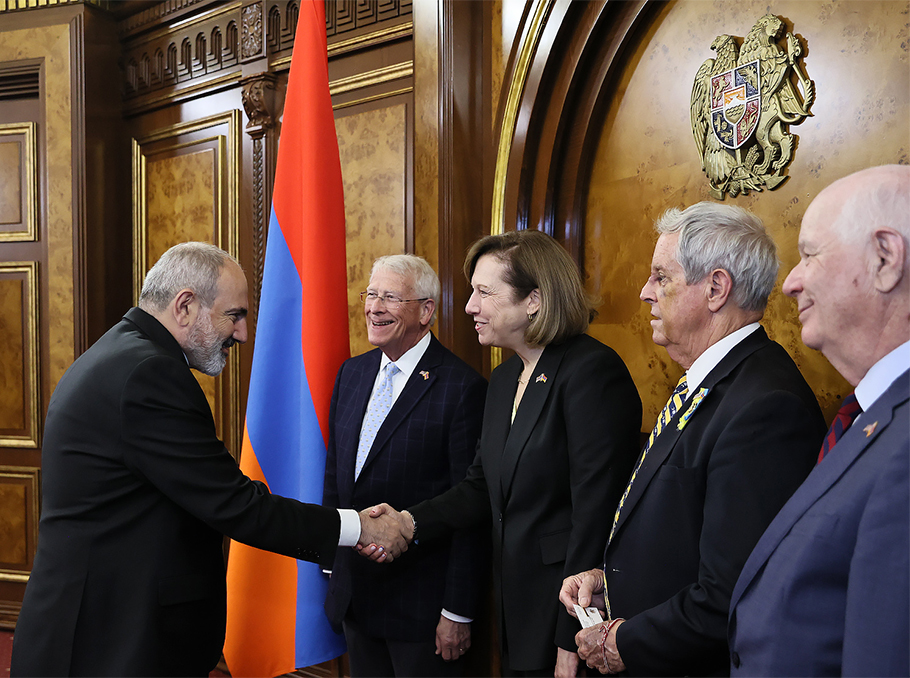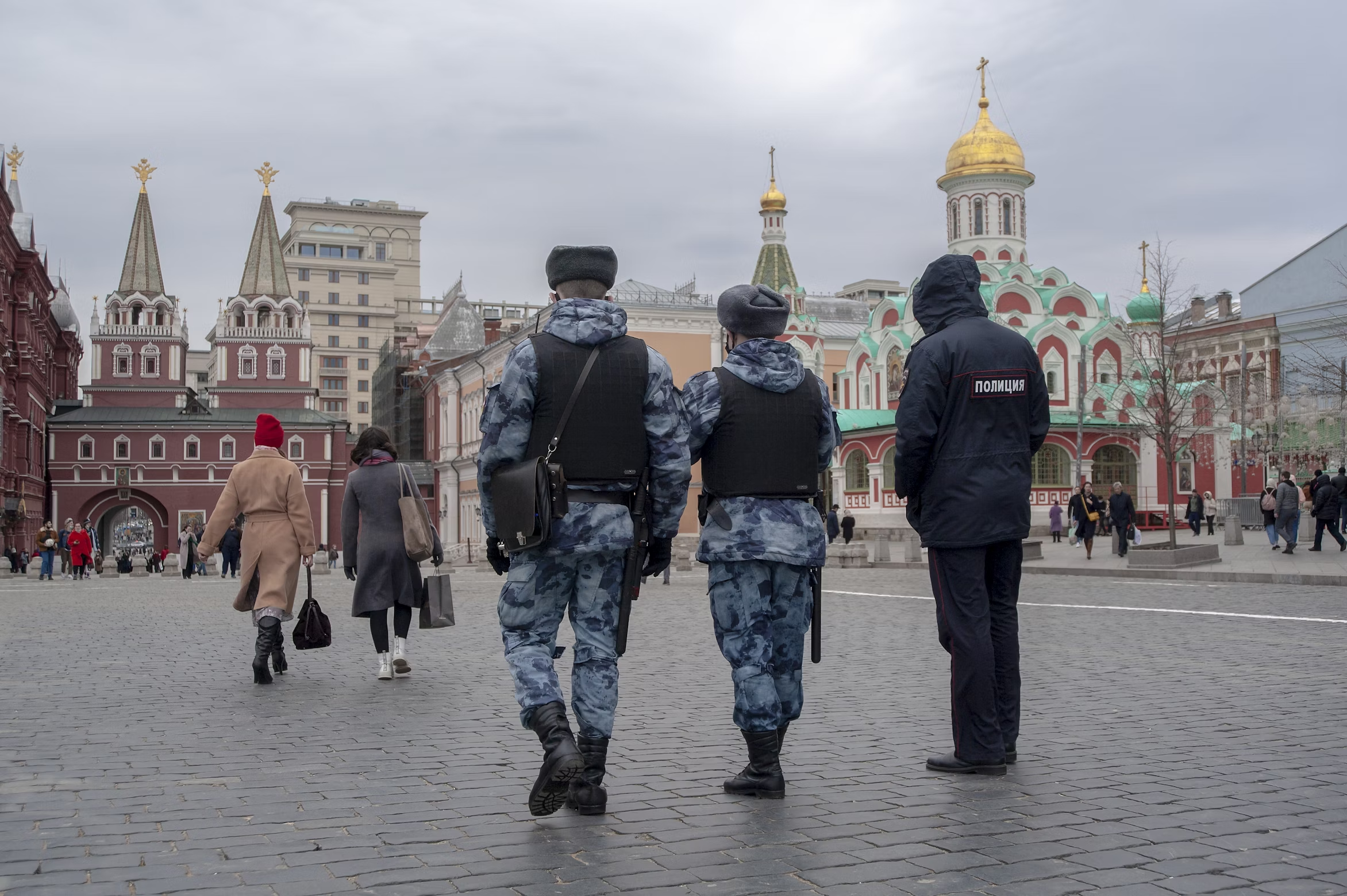Mr. Speaker, last month I introduced a resolution, H. Res. 578, expressing disappointment that the Government of Romania has instituted a virtual ban on intercountry adoptions that has very serious implications for the welfare and well-being of orphaned or abandoned children in Romania. As Co-Chairman of the Commission on Security and Cooperation in Europe (the Helsinki Commission), I am pleased to be joined as original cosponsors by the Commission’s Ranking House Member, Representative CARDIN, fellow Commissioners Representative PITTS and PENCE as well as Chairman of the International Relations Subcommittee on the Western Hemisphere Representative BURTON, and Representative NORTHUP, COSTELLO, JO ANN DAVIS, TIAHRT, BRADLEY and FRANK.
Mr. Speaker, the children of Romania, and all children, deserve to be raised in permanent families. Timely adoption of H. Res. 578 will put the Congress on record:
Supporting the desire of the Government of Romania to improve the standard of care and well-being of children in Romania;
Urging the Government of Romania to complete the processing of the intercountry adoption cases which were pending when Law 273/2004 was enacted;
Urging the Government of Romania to amend its child welfare and adoption laws to decrease barriers to adoption, both domestically and intercountry, including by allowing intercountry adoption by persons other than biological grandparents;
Urging the Secretary of State and the Administrator of the United States Agency for International Development to work collaboratively with the Government of Romania to achieve these ends; and
Requesting that the European Union and its member States not impede the Government of Romania’s efforts to place orphaned or abandoned children in permanent homes in a manner that is consistent with Romania’s obligations under the Hague Convention on Protection of Children and Co-operation in Respect of Intercountry Adoption.
In 1989, the world watched in horror as images emerged from Romania of more than 100,000 underfed, neglected children living in hundreds of squalid and inhumane institutions throughout that country. Six weeks after the end of the dictatorial regime of Nicolae Ceausescu, I visited Romania and witnessed the misery and suffering of these institutionalized children. They were the smallest victims of Ceausescu’s policies which undermined the family and fostered the belief that children were often better cared for in an institution than by their families.
Americans responded to this humanitarian nightmare with an outpouring of compassion. For years now, Americans have volunteered their labor and donated money and goods to help Romania improve conditions in these institutions. Many families in the United States also opened their hearts to Romania’s children through adoption. Between 1990 and 2004, more than 8,000 children found permanent families in the U.S.; thousands of others joined families in Western Europe.
The legacies of Ceausescu’s rule continue to haunt Romania and, when coupled with widespread poverty, have led to the continued abandonment of Romania’s children. According to a March 2005 report by UNICEF, “child abandonment in 2003 and 2004 [in Romania] was no different from that occurring 10, 20, or 30 years ago.” UNICEF reports that more than 9,000 children a year are abandoned in Romania’s maternity wards or pediatric hospitals. According to the European Union, 37,000 children remain in institutions; nearly 49,000 more live in nonpermanent settings in “foster care” or with extended families. An unknown number of children live on the streets.
During Romania’s first decade of post-communist transition, the corruption which plagued Romania’s economy and governance also seeped into the adoption system. There is no question that corruption needed to be rooted out. The U.S. Government and the U.S. Helsinki Commission have been steadfast in our support of Romania’s efforts to combat corruption and to promote the rule of law and good governance.
I strongly disagree, however, with supporters of the current ban on intercountry adoption who allege that it was a necessary anti-corruption measure. There are many indications that corruption has been used as a hook to advance an ulterior agenda in opposition to intercountry adoption. In the context of Romania’s desire to accede to the European Union, unsubstantiated allegations have been made about the fate of adopted children and the qualifications and motives of those who adopt internationally. Romanian policy makers chose to adopt this law against intercountry adoption in an effort to secure accession despite the fact, as stated in H. Res. 578, that there is no European Union law or regulation restricting intercountry adoptions to biological grandparents or requiring that restrictive laws be passed as a prerequisite for accession to the European Union.
The resolution notes that the Romanian Government declared a moratorium on international adoptions in 2001 but continued to accept new applications and allowed many such applications to be processed under an exception for extraordinary circumstances. Then, in June 2004, Law 273/2004 was adopted, taking effect on January 1, 2005, which banned intercountry adoption except in the exceedingly rare case of a child’s biological grandparent living outside the country. At the time of enactment, approximately 1,500 adoption applications were registered with the Romanian Government; of these, 200 children had been matched with prospective parents from the United States and the remainder from Western Europe.
Intercountry adoption is, and always should be, anchored on the need to find homes for children, not to find children for would-be parents. Nonetheless, the individuals who applied to adopt Romanian children in the past few years committed their hearts to these children and we must recognize that the Romanian Government’s mishandling of their applications has put them through a years-long emotional agony. H. Res. 578 calls on the Government to conclude the processing of these cases in a transparent and timely manner. Since introduction of the resolution, the Romanian press has reported that intercountry adoption would be denied in all of the pending cases. If indeed this is accurate, then it is impossible to believe that the standard applied in each case was that of the best interest of the child.
Romania’s new adoption law and another addressing child protection, Law 272/2004, create a hierarchy of placement for orphaned or abandoned children. By foreclosing the option of intercountry adoption, the laws codified the misguided proposition that a foster family, or even an institution, is preferable to an adoptive family outside the child’s country of birth.
On November 29, the European Commission issued a press release stating that “according to the Romanian Office for Adoptions, there are 1,355 Romanian families registered to adopt one of the 393 children available for adoption. Thus there is little scope, if any, for international adoptions.” The European Commission’s press release fails to mention that more than 80,000 children in Romania are growing up without permanent families–in orphanages, foster care, maternity hospitals, or on the streets. That less than 400 have been declared available for adoption is a denunciation of the child welfare system. Barely 1,000 children have ever been domestically adopted in Romania in any given year and since enactment of the new laws in 2004, the rate of domestic adoption has fallen further. There is no doubt that if more children were to be made available for adoption, there would be a great need for intercountry adoption to provide them with permanent, loving homes. For thousands of children abandoned annually in Romania, intercountry adoption offered the hope of a life outside of foster care or an institution. That hope has now been taken away. This will fall hardest on the Roma children who are least likely to be adopted in-country due to pervasive societal prejudice.
The Romanian Government and the European Commission are attempting to use a Potemkin Village to hide a grim reality of suffering children and bureaucratic obstacles which prevent them from being declared legally available for adoption. In one case that has come to the Commission’s attention, an adoptive family is waiting for biological parents to sign away their rights to a child they abandoned at birth and who has spent the first four years of her life with her prospective adoptive parents. She knows no other parents. Her biological parents have on four previous occasions relinquished their parental rights and yet, because of the new laws, the child has still not been declared available for adoption.
Other sources also belie a Potemkin approach. A November 5th article in the British journal The Lancet entitled “Romania’s Abandoned Children are Still Suffering,” quotes a charity worker saying, “of course something needs to be done to help the children here, but at the moment all the Romanian government is doing is signing forms sending children back to their parents ….. It doesn’t seem to matter that the parents might be alcoholics or have no means to look after their kids as long as the numbers are cut.” The article continues, “Romanian authorities have proudly claimed that last year only 1,483 children aged 0-2 years were in state institutions, compared with 7,483 in 1997. But those figures do not include hospitals, where staff admit they rely on donations from charities and individuals to keep helping such children. ….. The head of the Neonatology Department at the University Hospital in Bucharest says abandoned children stay on average for 6-7 months [and] the situation is almost as bad as it was in Ceausescu’s time.” The article also quotes the head of the Neonatology Section at the Bucur Maternity Hospital, also in Bucharest, as saying “last year, we had more abandoned kids than ever because the law changed. And it changed for the worse for the people in the maternity wards because the law forbids us to send children under 2 years old to state orphanages.”
At a Helsinki Commission hearing on September 14, Dr. Dana Johnson, Director of the International Adoption Clinic and Neonatology Division at the University of Minnesota Children’s Hospital, testified that Romania’s concentration on the reunification of an abandoned child with his or her biological family is only superficially consistent with the U.N. Convention on the Rights of the Child or the Hague Convention on Protection of Children and Co-operation in Respect of Intercountry Adoption. According to Dr. Johnson,”in neither of those documents is the mention of time. . . . It doesn’t tell you how long you should spend reunifying that child with the family. . . . Contemporary child development research has clearly shown that there is a known amount of deterioration that occurs in children who are in hospitals or institutional care and outside of family care during the first few years of life. . . . You can predict that every child who is in institutional care during that period of time will lose one month of physical growth, one month of motor development, one month of speech development for every three months they’re in institutional care. You also can predict that from age four months through 24 months of age, they will lose one to two I.Q. points a month during that period of time. The other thing we know is that by placing them into a caring, competent family, that you can recover some of this function. . . . A child that is abandoned in Romania today at the end of next summer will have permanently lost 15 I.Q. points. That child two years from now will have permanently lost 30 I.Q. points, which means that half of those kids are going to be mentally retarded.”
Mr. Speaker, the clock is ticking for Romania’s children. H. Res. 578 notes that Romania is a party to the Hague Convention on Intercountry Adoption which recognizes that “intercountry adoption may offer the advantage of a permanent family to a child for whom a suitable family cannot be found in his or her State of origin.” State Department officials and nongovernmental experts from the adoption and child welfare communities have testified that Romania’s child welfare and adoption laws are inconsistent with Romania international commitments under this and other agreements.
The resolution further notes that UNICEF has issued an official statement in support of intercountry adoption which, in pertinent part, reads: “for children who cannot be raised by their own families, an appropriate alternative family environment should be sought in preference to institutional care, which should be used only as a last resort and as a temporary measure. Intercountry adoption is one of a range of care options which may be open to children, and for individual children who cannot be placed in a permanent family setting in their countries of origin, it may indeed be the best solution. In each case, the best interests of the individual child must be the guiding principle in making a decision regarding adoption.”
Finally, Mr. Speaker, with regard to the role of the European Union in this debacle, I ask who in the European Union will stand with Members of Congress to protect these defenseless children? All children deserve better than to spend their lives in group homes or warehoused in institutions where their physical, psychological, emotional and spiritual well-being is critically endangered. It is indeed tragic if the price of admission to the European Union is the sacrifice of thousands of Romania’s orphaned or abandoned children.
I strongly urge my colleagues to support this resolution. For the sake of the innumerable children in need of permanent families, the voice of the United States Congress must be heard clearly in this transatlantic dialogue on intercountry adoption.










